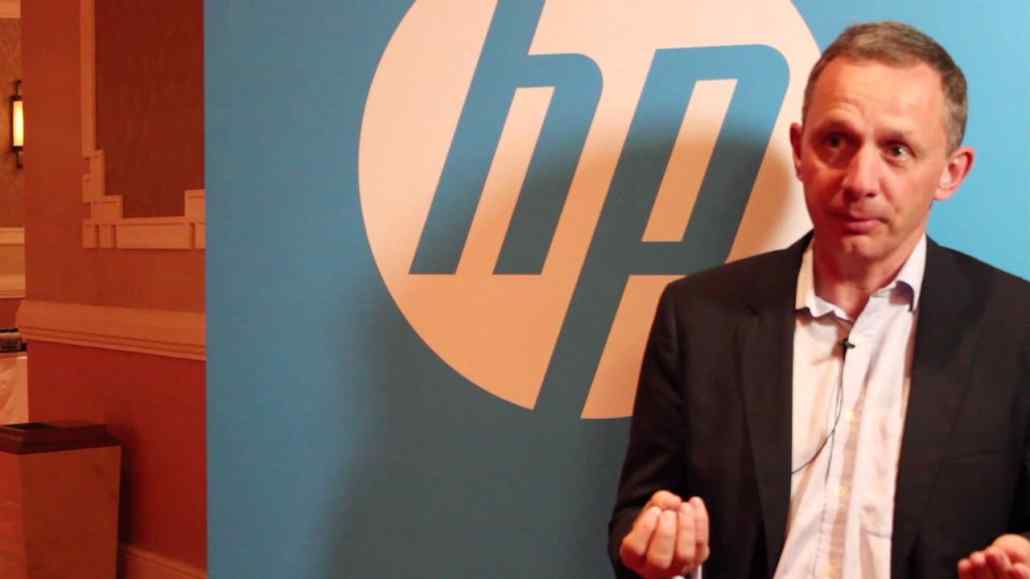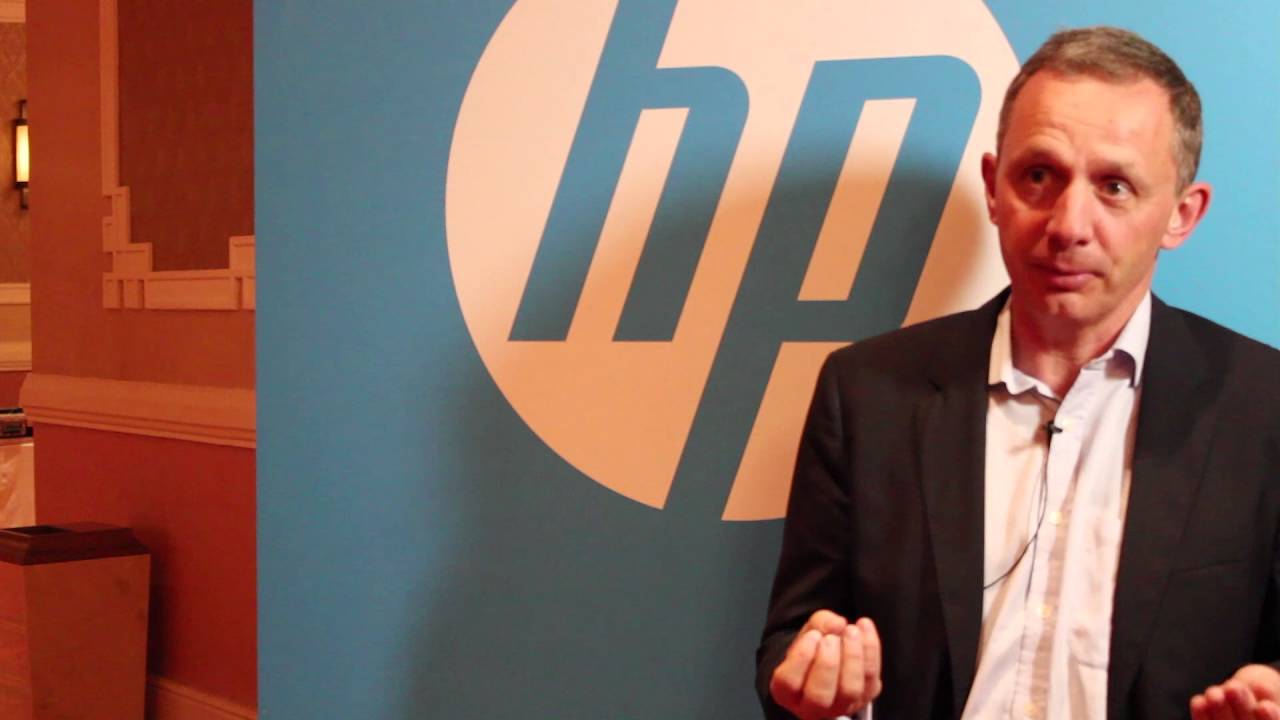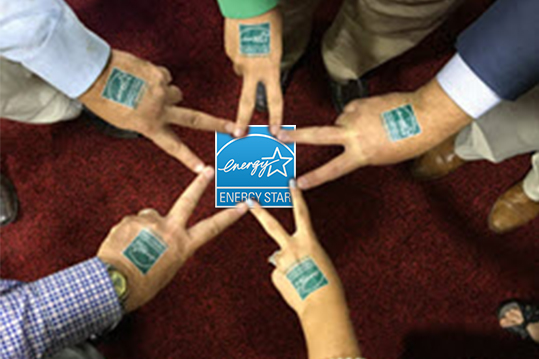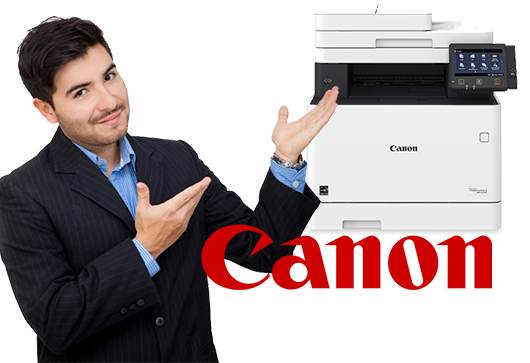HP Inc. CEO Discusses Xerox Bid and More
Among other things, HP Inc. CEO Enrique Lores discussed why HP is so opposed to the Xerox bid—and why HP might want to turn around and buy Xerox.

Barron’s: Enrique, let’s start with Xerox. You’ve repeatedly rejected their takeover bid as too low. But you’ve also said you see value in consolidating the printing business and that you’re willing to talk to Xerox about potential deals. Given they’re unlikely to raise their offer, that suggests you might want to buy Xerox. Can you explain your thinking?
Lores: When we look at the print market, especially in the office space, we don’t see significant growth going forward. But there are many competitors—and there is going to be consolidation. And when you drive consolidation by reducing costs, you create value. Three years ago, we bought the Samsung printing business. We drove consolidation and created value. It was a money-losing unit before we bought it and profitable the first year after the deal closed.
That deal helped accelerate our growth in managed print services. With Xerox, the problem we have is with the deal on the table. It doesn’t create value for our shareholders.
Remind us why you said no.
First, the price they’re offering doesn’t recognize the stand-alone value this company has. The second problem is the high leverage the combined company would have, which we consider extremely risky. Third is that the synergies they’re using to calculate the value of the deal are unrealistic. They count cost savings we’re already finding as a stand-alone company.
So what if HP turned around and bought Xerox?
Hold on. There are three questions that need to be addressed first. How do we get to the right value exchange between the two companies? How do we create an entity with the right capital structure? And how do we align on a realistic set of assumptions for synergies? That’s the first conversation. How the companies get together, who buys whom—there are many ways of doing that, but we don’t think it should be the first conversation.
You don’t actually compete with Xerox much, do you?
The overlap is small. We’re a $60 billion company. About $40 billion of that is PCs, with zero overlap. Of the remaining $20 billion, about half is consumer printers, with zero overlap. Of the rest, we do about $2.8 billion in managed print services, which is where we compete. They’re about a $9 billion business. That’s why when they say there are $2 billion in synergies, out of a combined $12 billion in business—well, that would be a miracle.
If you bought them, where would the value be?
We see an opportunity to drive costs down. We are investing in R&D, we both invest in marketing. We estimate the cost synergies are around $1 billion. It would also give us a larger presence in managed print services.
But you repeatedly have said you have other options.
Our priority is to execute our plan, which is going to create a lot of value for shareholders. We are open to exploring consolidation, but there are other opportunities we’re considering from an M&A perspective.
When you say other opportunities, are you talking about other printing deals? Or might you do something on the PC side?
Both. There are opportunities in the print market. There are opportunities in the personal systems market. Some might involve consolidation, others might be about expanding into other segments. There are opportunities in graphics printing and industrial printing. There are opportunities in 3-D printing.
Is Xerox open to the possibility of you buying them?
We have talked, but I don’t see value in sharing the discussions we’ve had in public.
What are you hearing from your institutional holders about the Xerox offer and about your own plan, which includes a large stock buyback and cost-cutting measures?
We presented our plan a few weeks ago, and since then we’ve spent a lot of time sharing, discussing, and explaining the plan. The response has been very positive. Investors understand how we plan to manage the company, and they like the amount of capital to be returned.
Have you also been in contact with Carl Icahn, who is the largest Xerox holder and also holds a 4% stake in HP?
We regularly talk to all of our key shareholders. He’s one. But we won’t talk about the specific conversations, not with him or with any others.
One of your biggest operating issues in recent quarters has been decreasing revenue from ink and toner. What are you doing to fix that issue?
It’s an opportunity to become more profitable. If you look at our installed base, we lose money with 25% of our customers who buy a printer and either don’t print enough or don’t use HP supplies. We have a plan in place to address the issue.
(Read more at https://www.barrons.com/)
Related Reading:
Xerox to Seek Approvals from Shareholders
Xerox Plans to Nominate New HP Board
Further Action: Xerox Launched Tender Offer
HP to Battle Xerox with Shareholder Rights Plan
Xerox to Seek Support from HP Shareholders
HP Takes Weeks To Answer Xerox Bid
Xerox Makes Hostile Bid for HP Shares






Leave a Comment
Want to join the discussion?Feel free to contribute!